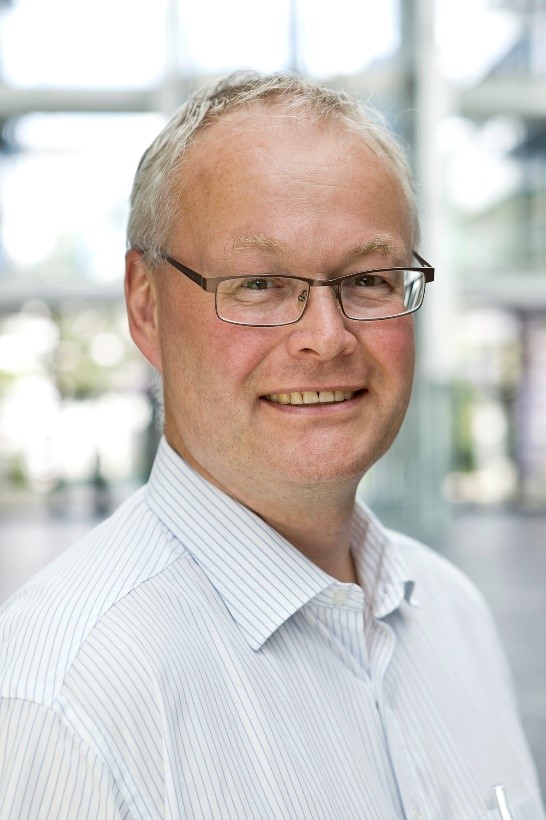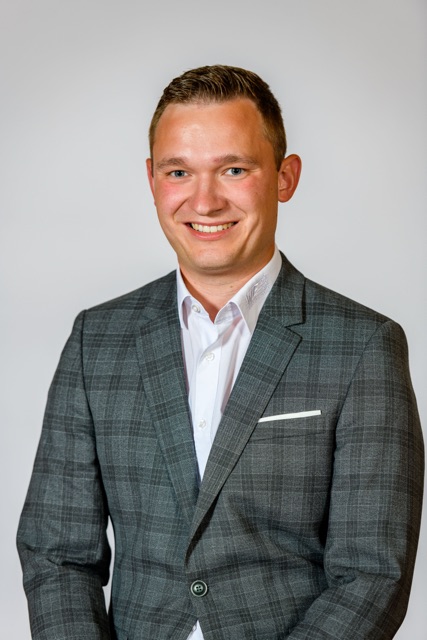Deembedding test fixtures for high-speed digital applications
IEEE North Jersey Section Co-Sponsors the event
This webinar is intended for engineers who work on digital design and testing. Particularly we will be discussing the impact of test fixture de-embedding on digital interface testing.
Date and Time
Location
Hosts
Registration
-
 Add Event to Calendar
Add Event to Calendar
Loading virtual attendance info...
- Contact Event Hosts
-
Ajay Poddar (akpoddar@ieee.org), Edip Niver (edip.niver@njit.edu), Durga Mishra (dmisra@njit.edu), (Anisha Apte (anisha_apte@ieee.org)
- Co-sponsored by IEEE North Jersey Section
Speakers
 Martin Stumpf of Rohde & Schwarz
Martin Stumpf of Rohde & Schwarz
Deembedding test fixtures for high-speed digital applications
This webinar is intended for engineers who work on digital design and testing. Particularly we will be discussing the impact of test fixture de-embedding on digital interface testing. After a quick introduction to the principles of test fixture modeling and de-embedding we will be starting with a deeper dive into de-embedding models and measurements with vector network analyzers according to IEEE370 requirements and recommendations. Once we will have built the de-embedding models by reference to USB 3.2 test fixtures we will be switching to the interface testing through oscilloscope measurements. While watching eye patterns and advanced jitter analysis you will be learning how important text fixture de-embedding is for accurate digital interface testing.
Biography:
Martin Stumpf is Segment Manager for High-Speed Digital Tests at Rohde & Schwarz. He joined Rohde & Schwarz in 1990 as an R&D engineer and has worked in research & development, project management, product management, regional support, and business development. Martin holds an EE degree from the Technical University of Munich.
Address:Rohde & Schwarz, , Germany
 Dr. Mathias Hellwig of Rohde & Schwarz
Dr. Mathias Hellwig of Rohde & Schwarz
Deembedding test fixtures for high-speed digital applications
This webinar is intended for engineers who work on digital design and testing. Particularly we will be discussing the impact of test fixture de-embedding on digital interface testing. After a quick introduction to the principles of test fixture modeling and de-embedding we will be starting with a deeper dive into de-embedding models and measurements with vector network analyzers according to IEEE370 requirements and recommendations. Once we will have built the de-embedding models by reference to USB 3.2 test fixtures we will be switching to the interface testing through oscilloscope measurements. While watching eye patterns and advanced jitter analysis you will be learning how important text fixture de-embedding is for accurate digital interface testing.
Biography:
Dr. Mathias Hellwig develops, verifies, and supports test and measurement solutions for time-domain applications at Rohde & Schwarz. His focus is on testing digital designs. He achieved deep technical expertise in theory and practice when finishing his PhD in ADC design at the Ruhr-University Bochum and while working on system architectures in various roles before joining Rohde & Schwarz in 2012.
 Fabian Altenbrunn of Wuerth Elektronik
Fabian Altenbrunn of Wuerth Elektronik
Deembedding test fixtures for high-speed digital applications
This webinar is intended for engineers who work on digital design and testing. Particularly we will be discussing the impact of test fixture de-embedding on digital interface testing. After a quick introduction to the principles of test fixture modeling and de-embedding we will be starting with a deeper dive into de-embedding models and measurements with vector network analyzers according to IEEE370 requirements and recommendations. Once we will have built the de-embedding models by reference to USB 3.2 test fixtures we will be switching to the interface testing through oscilloscope measurements. While watching eye patterns and advanced jitter analysis you will be learning how important text fixture de-embedding is for accurate digital interface testing.
Biography:
Fabian Altenbrunn works as a Field Application Engineer at Wuerth Elektronik eiSos GmbH. Before, he gained experience with product management and hardware design at HASEC Elektronik GmbH. Fabian received his Master of Science at the Technical University of Ilmenau (Germany) in 2016.

